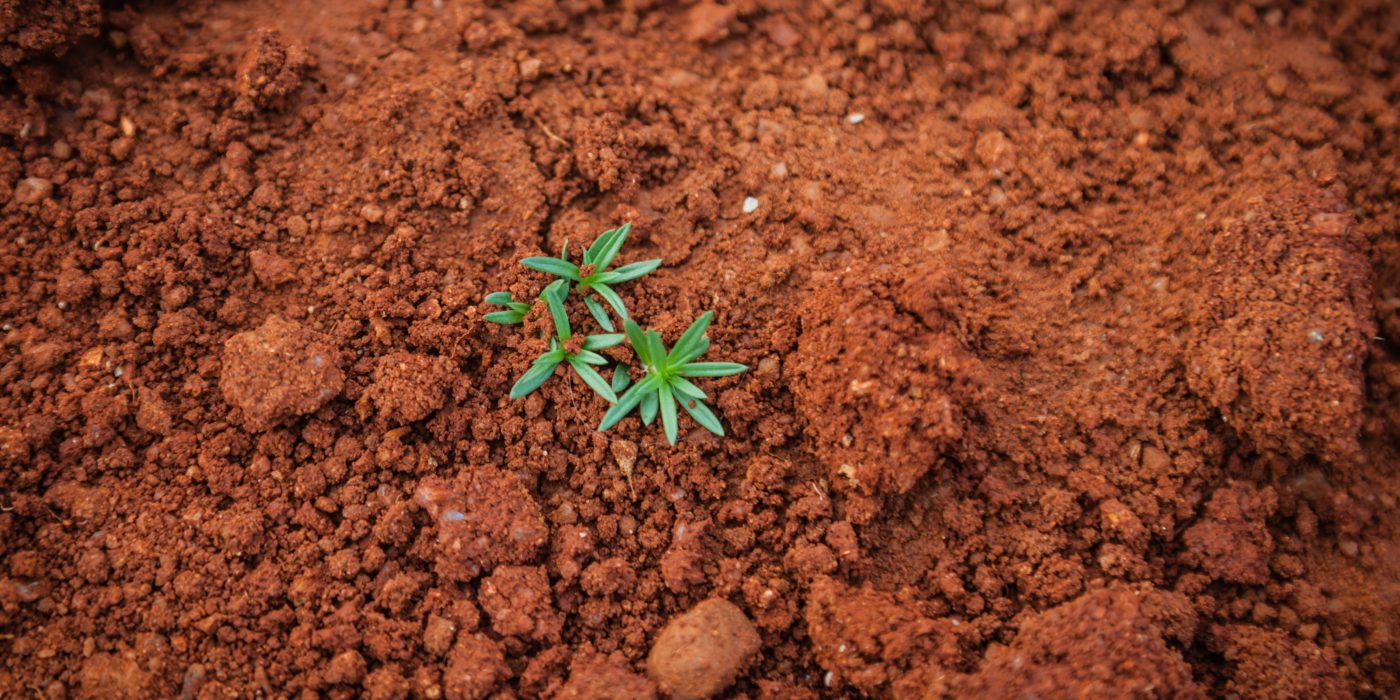About a third of our global soils have been already degraded. In this first blog and video of the Soil at risk -symposium, Ronald Vargas, the secretary of the Global Soil Partnership, will tell us greetings from the Food and Agriculture Organization FAO. Jari Liski, Research Professor and Head of Climate System Research, Finnish Meteorological Institute, will then tell us about actions taken in Finland. Liski is leading the multidisciplinary research done on the Carbon Action platform. You will meet them both at the Soil at risk -symposium!
Ronald Vargas: Greetings from FAO
Is soil at risk? About a third of our global soils have been already degraded and this can expand if we don’t take actions now. We are degrading and losing our healthy soils every minute, mostly due to unsustainable human practices. Once we lose this soil, most likely, we won’t see it again in our lifetime, as it takes long for nature to produce soils.
Why should we worry about this? Food comes from soils, around 95% of our food is produced in our soils by the farmers. If we want healthy food, we need to have healthy soils. Without efforts to rebuild soil health, we could lose our ability to grow enough nutritious food to feed the planet’s population. In addition to food, fertile soil produces raw materials and stores and cleans the water we use. Soils help us to fight climate change because it has a great stock of soil organic carbon. Also, soil hosts a crucial part of our planets’ biodiversity, as soil is home for around a quarter of Earth’s biodiversity. With all this, soil helps us reduce different risks, including floods. Soil degradation creates a vicious cycle in which less carbon is stored, nutrients are lost and therefore the world gets hotter and the land in general becomes degraded.
What can we do? The soil under our feet is too often ignored. Soils are very important for our life on the planet Earth. We need to protect, preserve and manage sustainably this precious resource. Healthy soils contribute to human health, and especially to the planet health. We need to scale up the sustainable management of our soils, and where the soils are degraded, we need to restore them. Let’s start respecting our soils. Otherwise we are compromising our future.
Jari Liski: Action done in Finland
In Carbon Action we develop and research ways of accelerating soil carbon sequestration and verifying the results scientifically. Carbon farming nurtures soil and secures sustainable food production.

In Carbon Action, scientists, farmers and companies work together to enhance carbon storing regenerative agriculture. Hence, we researchers work together with the 100 farmers, governmental organizations and private sector companies to develop regenerative agricultural practices to speed up the soil carbon sequestration. We use soil and microbial analyses, atmospheric measurements and advanced modelling to study the fluxes and sequestration of carbon in the test fields. We also carry out economical and policy analyses to develop feasible and effective solutions of carbon farming.
To reach climate targets of the Paris agreement we need to cut emissions and take use of the full potential of soil carbon sequestration. And to do that on national, European, or even global scale, we need to be able to verify the changes in soil carbon storage. This is what we aim to do. Soil at risk symposium: Programme and registration


